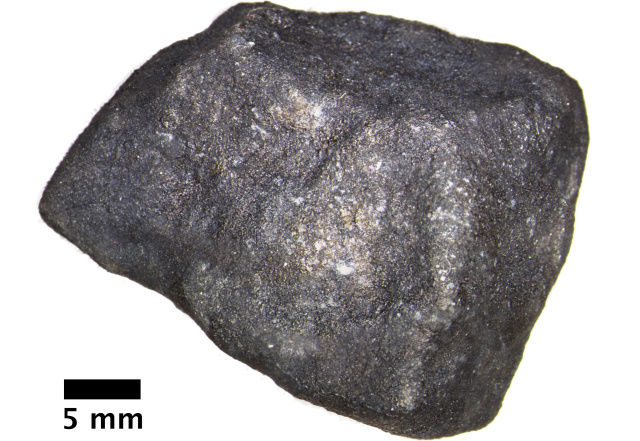
On January 18, 2018, a meteorite fell in the American Midwest. Since the meteorite fell to the ground about the size of hail, the research team was able to quickly recover the meteorite by identifying the area where the meteorite fell. Success in recovering fresh (?) meteorites before causing chemical changes through water, etc.
As a result of analyzing this meteorite, it was found that it fell on the earth and the composition did not change very much and contained a large amount of organic compounds. Even on ancient Earth, it is possible that such meteorites flew out of space and organic compounds became the origin of life.
According to a paper published in the Journal of Meteoritics & Planetary Science, the research team reports that the meteorite was a type of H4 chondrite, which was made only of 4% of the meteorites that fell on Earth.
In the first analysis, the meteorite contained 2,600 kinds of organic compounds despite severe heat when entering the atmosphere. It also reveals that it is possible that the parent asteroid formed 4.5 billion years ago separated and flew 12 million years ago.
The meteorite fell on an icy lake rather than dirt, leaving no extra microbes attached. This allowed scientists to analyze meteorites in a variety of ways and search for large amounts of data. But the researchers want to test purer asteroid samples. Currently, NASA is expected to sample the soil of the asteroid Bennu and bring it to Earth in 2023 by the asteroid probe OSIRIS-REx. When this sample arrives, there may be another new discovery. Related information can be found here .


